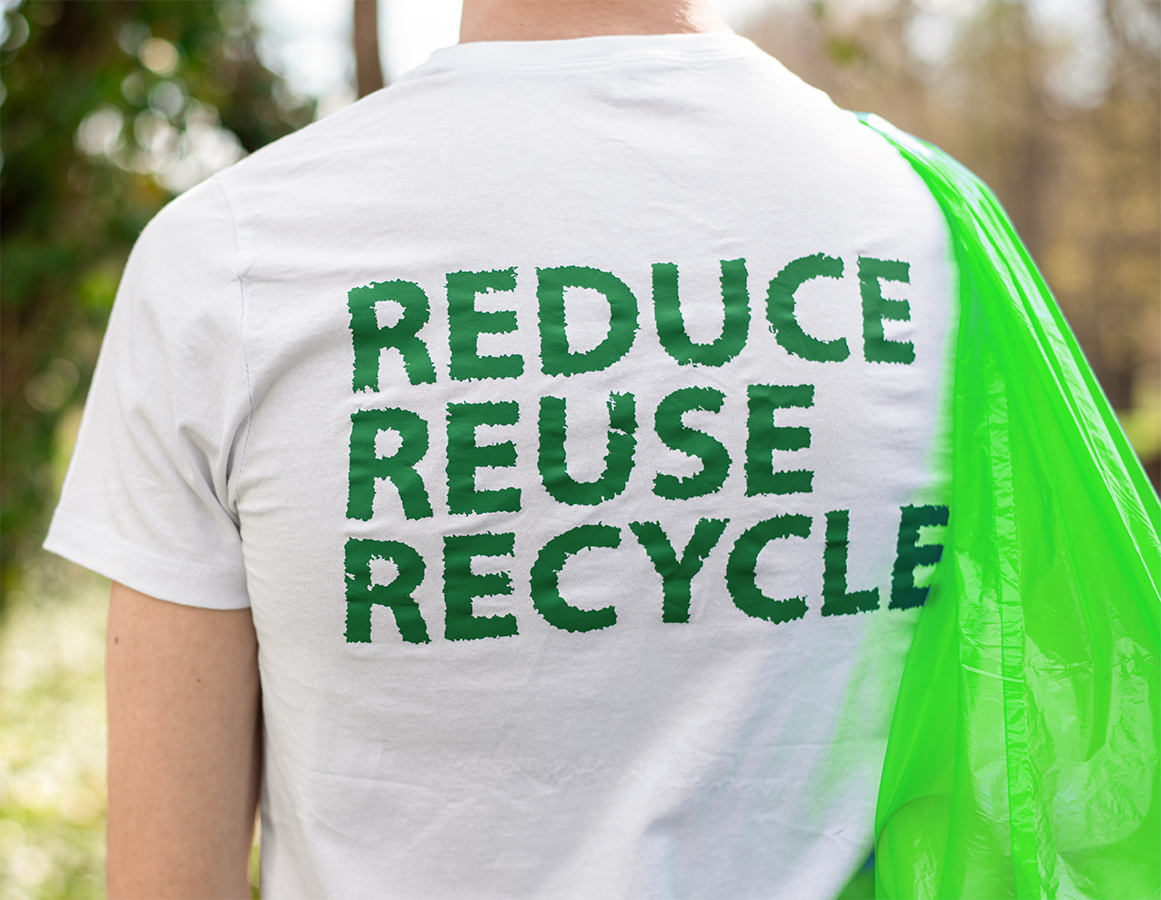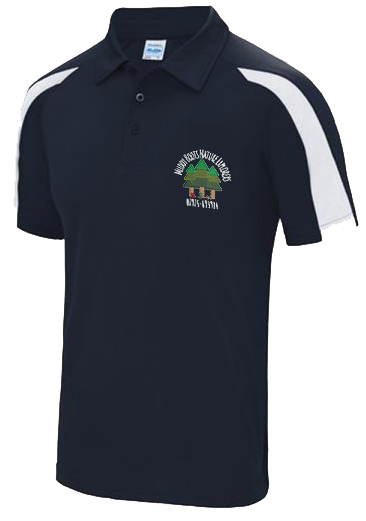
Promoting Sustainable T-Shirt Printing in the Ilford Area

Promoting Sustainable T-Shirt Printing in the Ilford Area
Paving the Way for a Greener World
In the Ilford area, the fashion industry is undergoing a remarkable shift towards sustainability in response to growing environmental concerns. Within this industry-wide transformation, t-shirt printing has emerged as a crucial focal point for implementing sustainable practices.
As we delve into the realm of sustainable t-shirt printing in Ilford, we will explore pioneering techniques, eco-conscious materials, and ethical considerations that are reshaping the local industry. From the utilization of water-based inks to minimize pollution, to the adoption of organic and recycled fabrics that reduce waste, these innovative advancements are revolutionizing the production and consumption of printed t-shirts in the Ilford area.
What is Sustainability?
Sustainability is a concept that encompasses the responsible use of resources, social equity, and environmental protection to meet the needs of the present without compromising the ability of future generations to meet their own needs. Its like an agreement of taking from environment and giving back enough for generations to come.
In the context of t-shirt printing, sustainability involves implementing practices that minimize negative impacts on the environment, promote ethical production and labor practices, and prioritize the long-term well-being of people and the planet.
Environmental sustainability: In t-shirt printing focuses on reducing the industry’s ecological footprint. This includes minimizing water usage, energy consumption, and greenhouse gas emissions throughout the production process. By using water-based inks, eco-friendly dyes, and energy-efficient printing technologies, the environmental impact can be significantly reduced. Additionally, the choice of sustainable fabrics, such as organic cotton or recycled materials, helps conserve resources, reduce waste, and mitigate the use of harmful chemicals and pesticides.
Social sustainability: Addresses the fair treatment of workers involved in t-shirt production. It involves ensuring safe working conditions, fair wages, and labor rights for all individuals involved in the supply chain. Embracing responsible labor practices and partnering with suppliers who adhere to ethical standards helps promote social equity and contribute to the well-being of workers.
Economic sustainability: Focuses on creating a viable and resilient business model that can thrive in the long term. This involves balancing economic growth with environmental and social considerations. Implementing sustainable practices can lead to cost savings through reduced resource consumption, improved efficiency, and increased customer loyalty. Investing in sustainable technologies and innovations can also drive economic growth while minimizing negative impacts on the environment and society.
What Makes T Shirt Printing Sustainable
Achieving sustainability in t-shirt printing involves adopting environmentally friendly practices throughout the entire production process. Here are some keyways in which sustainability can be embraced in t-shirt printing:
Water-Based Inks: Replace traditional petroleum-based inks and plastisols with water-based alternatives. Water-based inks are free from harmful chemicals and reduce water pollution. They also require less energy for drying, contributing to a lower carbon footprint.
Eco-Friendly and Natural Dyes: Explore the use of eco-friendly and natural dyes derived from plant-based sources. These dyes are biodegradable, non-toxic, and minimize harm to the environment during production and disposal.
Organic and Recycled Fabrics: Choosing organic cotton or other sustainable and eco-friendly fabric options is crucial for sustainability. Spandex, Lycra and other synthetic fibers- release plastic microfibers in water- should be replaced with organic cotton which is grown without the use of harmful pesticides and chemicals, reducing water pollution and promoting healthier ecosystems. Recycled fabrics, such as recycled polyester or upcycled materials, help reduce waste and conserve resources.
Energy-Efficient Printing Methods: Utilize energy-efficient printing technologies and equipment. Choose printers that consume less energy and optimize printing processes to minimize waste and maximize efficiency.
Responsible Waste Management: Implement proper waste management practices, including recycling and proper disposal of printing materials and chemicals. Explore recycling programs for unused fabric scraps, paper, ink cartridges, and other waste generated during the printing process.
Ethical Supply Chains: Ensure that your t-shirts are produced ethically by partnering with suppliers who prioritize fair labor practices, safe working conditions, and fair wages. Transparency and traceability in the supply chain are crucial to maintaining sustainability standards.
Minimalist and Thoughtful Designs: Encourage minimalist designs that use fewer resources during printing. Opt for high-quality prints that last longer, reducing the need for frequent replacements.
Education and Awareness: Promote sustainability awareness among customers, educating them about the environmental impact of conventional printing methods and the benefits of choosing sustainable alternatives. Encourage responsible consumption and the longevity of printed t-shirts.
Embracing sustainability in t-shirt printing leads towards a more responsible and conscientious approach to fashion, where the products we wear are not only stylish but also aligned with our values of environmental stewardship and social responsibility.
For sustainable t shirt printing in Ilford, London, visit
http://www.custommadetshirts.co.uk/
Also read,











